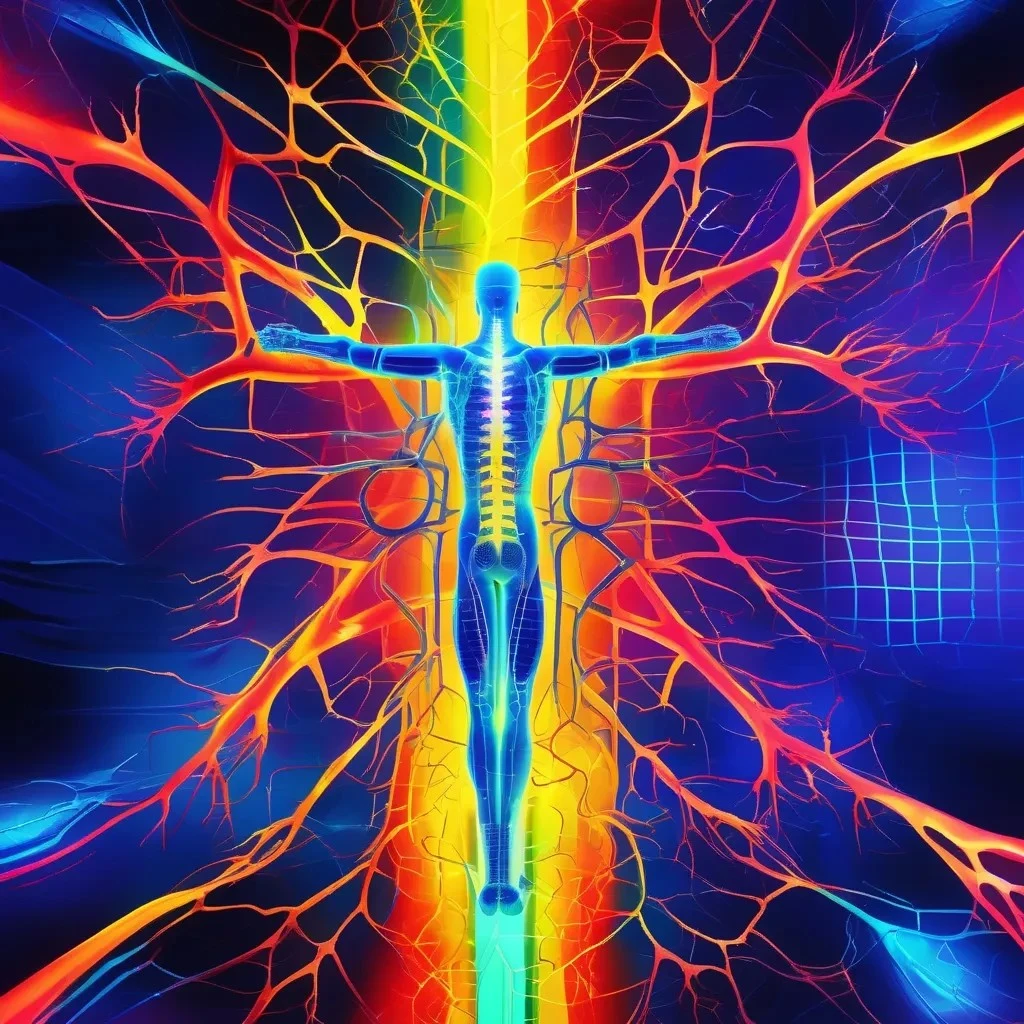Complex Regional Pain Syndrome (CRPS)
Complex Regional Pain Syndrome (CRPS) is a chronic and debilitating condition that presents significant treatment challenges. While traditional therapies exist, many patients turn to alternative treatments like medical cannabis for symptom relief. However, scientific evidence on its efficacy remains limited. This article explores CRPS, cannabis-based treatments, and the current research landscape.
Get Your Card NowUnderstanding CRPS
Causes and Risk Factors
CRPS often develops following injuries such as:
Fractures
Sprains
Soft-tissue injuries
Surgeries
Infections
More severe injuries have a higher likelihood of leading to CRPS, but even minor injuries can trigger the condition. Additionally, prolonged immobilization post-injury increases the risk of CRPS development.

Symptoms of CRPS
CRPS manifests through a variety of symptoms, including:
Chronic pain
Skin sensitivity
Limb swelling
Changes in temperature of the affected area
Abnormal sweating
Alterations in skin, hair, and nails
Localized muscle weakness
Stages of CRPS
CRPS progresses through three clinical stages:
Acute Stage (1-3 months) – Characterized by severe pain, temperature changes, and swelling.
Subacute Stage (3-6 months) – Symptoms persist, with increased stiffness and decreased mobility.
Chronic Stage – Permanent changes in the affected limb, including muscle atrophy and joint deformities.

Treatment Approaches for CRPS
Treatment is divided into four main categories:
Education and Self-Management: Guidance on coping strategies and pain management.
Physical Rehabilitation: Improving mobility and function to prevent long-term disability.
Pain Relief: Use of medications such as opioids, NSAIDs, and neuropathic pain relievers.
Psychological Support: Addressing the emotional toll of chronic pain through therapy and counseling.
Cannabis as a Treatment for CRPS
How Cannabis Works
Cannabis contains two key active compounds:
Delta-9-Tetrahydrocannabinol (THC): Known for pain relief, muscle relaxation, and appetite stimulation.
Cannabidiol (CBD): Recognized for its anti-inflammatory and anxiolytic properties.
The ratio of THC to CBD affects the therapeutic outcome, making professional medical guidance essential for safe use.
Existing Research on Cannabis and Chronic Pain
Scientific evidence on cannabis for chronic pain, including CRPS, is still emerging:
A 2020 review of 18 randomized controlled trials found that CBD helped reduce chronic pain in conditions such as neuropathic pain, fibromyalgia, and osteoarthritis.
A 2021 study in the Journal of Pain Research reported that a combination of CBD and THC improved pain relief and sleep quality in chronic pain patients.
Data from the UK Medical Cannabis Registry suggests that prescribed cannabis has led to reductions in pain severity for CRPS patients.
Despite these promising findings, research remains limited due to small sample sizes and varying methodologies, preventing definitive conclusions.
Potential Risks of Cannabis Use
Without proper medical supervision, cannabis use can pose risks, including:
Adverse Interactions: Cannabis may interact with medications like opioids and benzodiazepines.
Cognitive Effects: THC can impair memory, coordination, and reaction time.
Dependency Risks: Prolonged use can lead to dependence or withdrawal symptoms.
The Legal Landscape of Medical Cannabis
Since the legalization of medical cannabis in various regions, more patients are exploring its use for chronic pain management. However, legal restrictions vary, and obtaining medical cannabis often requires a prescription and professional oversight.
Conclusion
CRPS is a complex and challenging condition, and while traditional treatments exist, many patients seek alternative solutions like medical cannabis. While preliminary research suggests potential benefits, more rigorous studies are needed. Patients considering cannabis should consult healthcare professionals to assess risks and suitability. For those interested in exploring medical cannabis as a treatment for CRPS, consulting with a specialized clinic can provide tailored advice and potential eligibility for prescription-based use.
